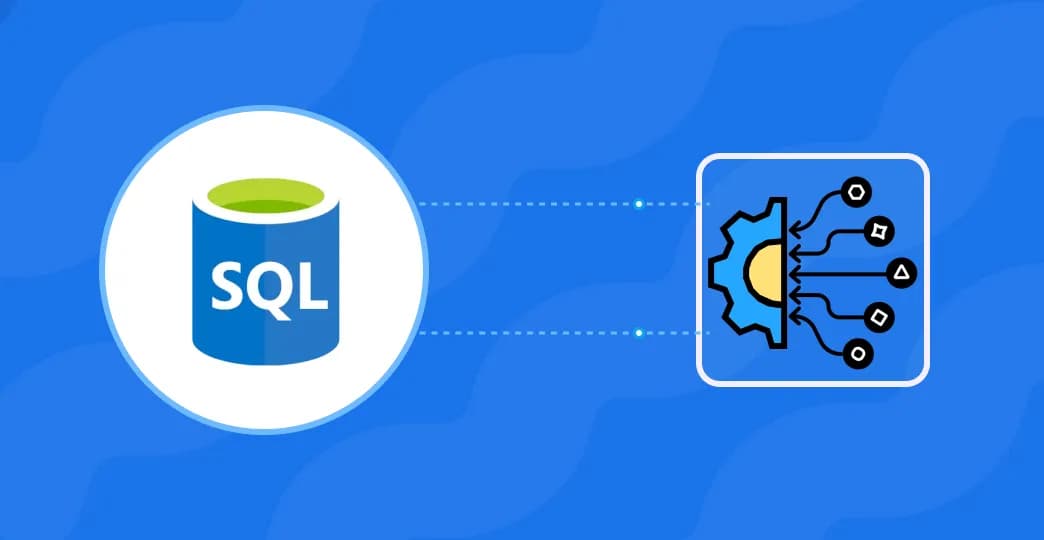Optimizing Analytics Queries for FoodWagon

Learning Objectives
Overview
FoodWagon, a flourishing food ordering, and delivery platform, has witnessed remarkable growth, particularly among the bustling millennial population. This surge in popularity has translated to a tenfold increase in order volumes and restaurant partnerships.
Thier current data is being gathered in Azure SQL that includes customers, partners, restaurants, food, orders, and orders_details tables, which are queried frequently for generating insights into delivery performance, customer behavior, and vendor efficiency. However, due to poor query optimization, operations like joins, aggregations, and filtering lead to high execution costs and slow response times.
This project aims to overcome these bottlenecks by implementing advanced query optimization techniques. You will work on improving the performance of analytical queries by restructuring queries, leveraging indexes, using partitioning, and applying best practices in query optimization.
The goal is to ensure that key business reports run efficiently, even for large datasets, enabling real-time insights and decision-making.
Prerequisites
- Ability to write intermediate to advanced SQL queries, including complex joins, aggregations, CTE & Sub Query
- Understanding of execution plans and query performance metrics.
- Basic knowledge of indexing and partitioning concepts.
- Familiarity with tools like Azure Data Studio or SSMS for database management.
- Familiarity with relational database design & Modelling